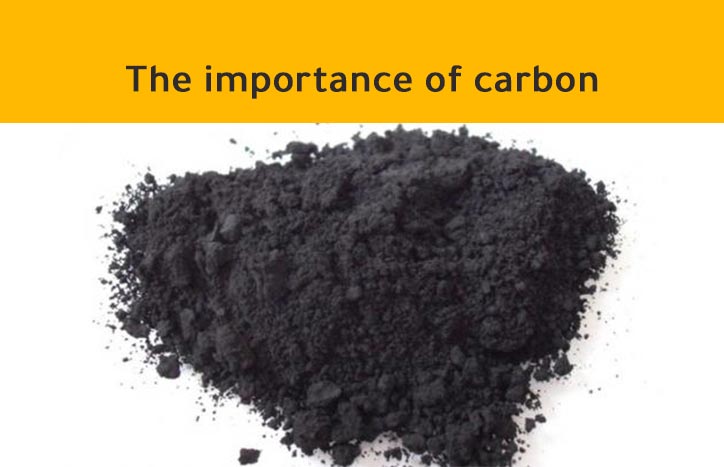The importance of carbon for living organisms
Carbon is included in the composition of more than 10
million compounds that make up the bodies of living organisms. Carbon is an
essential element in the composition of organic compounds. All organic
compounds are limited to four main groups as follows:[1]
1.
Carbohydrates: Their
importance for living organisms is to provide them with the necessary energy,
store energy, and form the various structures of the body.
2.
Lipids: Fats are an
important part of energy storage in living organisms, forming cell membranes,
and transmitting messages throughout the body.
3.
Proteins: The importance
of proteins is to help cells maintain their shape, build muscle, and speed up
chemical reactions.
4.
Nucleic acids: they are the
important part in the bodies of living organisms; They are responsible for
transmitting genetic traits from parents to offspring, and they also contribute
to building proteins.
The importance of carbon for organic compounds
Valency The atoms of the elements seek to achieve
stability during the formation of chemical compounds, by losing or gaining
electrons, so that the number of electrons in the outer shell of the element
becomes 8, so the elements seek to form chemical or covalent bonds, and the
importance of covalent bonds lies in the atom sharing electrons with at least
one atom, Which allows it to reach a more stable state, and since carbon
contains four electrons in its outer shell, it is able to gain or lose
electrons, and it can form four covalent bonds at the same time, and the
organic compound CH4 is an example of this. Carbon is able to form strong bonds
with itself; Diamond and graphite are composed entirely of carbon atoms, in
addition to the ability of carbon to form bonds with other carbon atoms among
other compounds.[2]
The formation of a large number of molecules
When a carbon atom shares one electron with another carbon
in a covalent bond, it means that there are 6 electrons available to bond with
other elements; That is, it is possible to form 6 different compounds, and if a
third carbon atom forms a covalent bond with one of these electrons, this means
an additional number of potential compounds, and scientists have so far been
able to count more than 10 million different carbon compounds.[2]
Graphite
One of the most important known forms of the elemental
carbon is diamond and graphite. Both are made up of crystals, but they differ
in physical properties. Graphite has a number of important everyday uses.
Graphite is used as a lubricant, a black dye, an absorbent in chemical
reactions, a fuel, and a filler for rubber. It is also used to make lead in
pencils. Due to its good conductivity, it is used for electrodes in electric
furnaces, dry cells, and for making crucibles that are melted. Metals
inside.[3]
Reference
1.
"Significance of Carbon", www.ck12.org, Retrieved
24-5-2019. Edited.
2.
Chris Deziel (26-4-2018), "Why
Is Carbon So Important to Organic Compounds?"، www.sciencing.com,
Retrieved 24-5-2019. Edited.
3.
"Carbon",
www.britannica.com,10-5-2019، Retrieved 24-5-2019. Edited.


Comments
Post a Comment